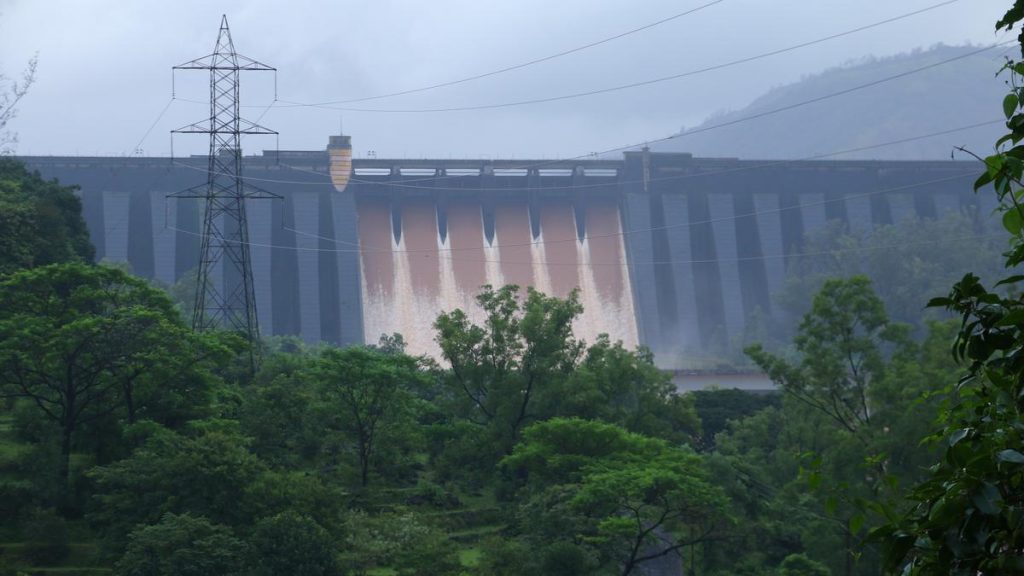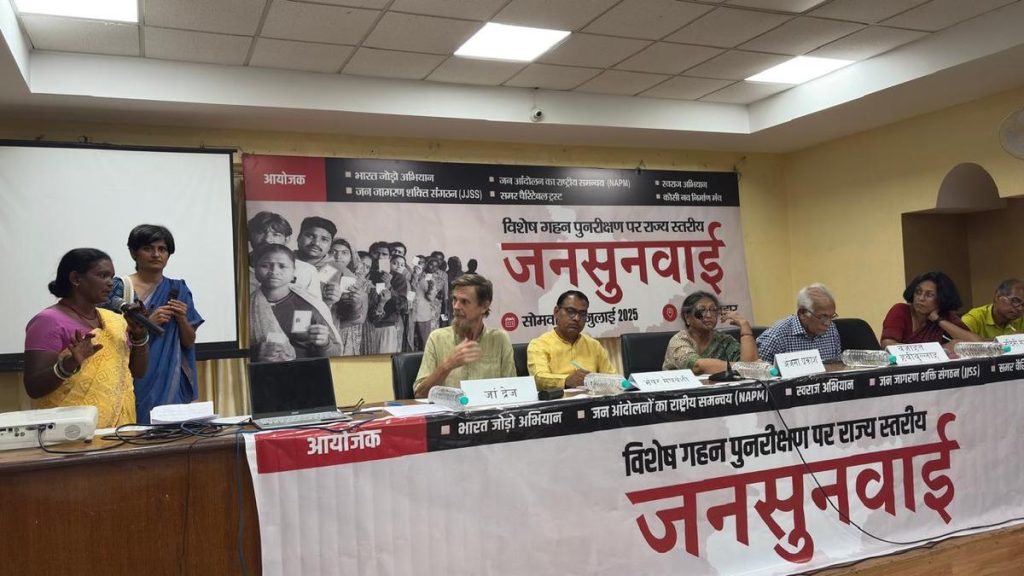Now Reading: Rising CO2 and Temperatures Linked to Higher Arsenic in Rice
-
01
Rising CO2 and Temperatures Linked to Higher Arsenic in Rice
Rising CO2 and Temperatures Linked to Higher Arsenic in Rice

Quick Summary
- Arsenic, a naturally occurring carcinogen, can contaminate groundwater and crops irrigated with tainted water.
- A study published in The Lancet planetary Health examined the relationship between climate change-specifically increased CO2 levels and surface temperatures-and arsenic concentration in rice paddies in China.
- Researchers found that increased CO2 and temperatures lead to higher arsenic levels in rice, which poses significant health risks to billions of people globally who rely on rice as a staple food.
- Higher arsenic consumption is linked to an increased risk of various cancers, such as bladder, skin, digestive tract, kidney, liver, and lymphatic cancers.
- The U.S.-grown rice has not been studied for similar effects; though, researchers suggest global warming may cause parallel issues for other rice-growing regions like the U.S.
Indian Opinion Analysis
India is among the largest consumers and producers of rice globally. The findings from this study have critical implications for India’s agricultural sector and public health system due to its reliance on both flooded paddy cultivation methods and groundwater irrigation-practices known to accumulate arsenic contamination. As climate change accelerates temperature rises and increases CO2 concentrations, India must prioritize research into monitoring arsenic levels across its vast farming areas while exploring lasting adaptations or technical solutions for cultivation practices. Addressing thes challenges proactively will be essential not only for safeguarding public health but also protecting one of the nation’s vital food staples that sustains millions daily.



























